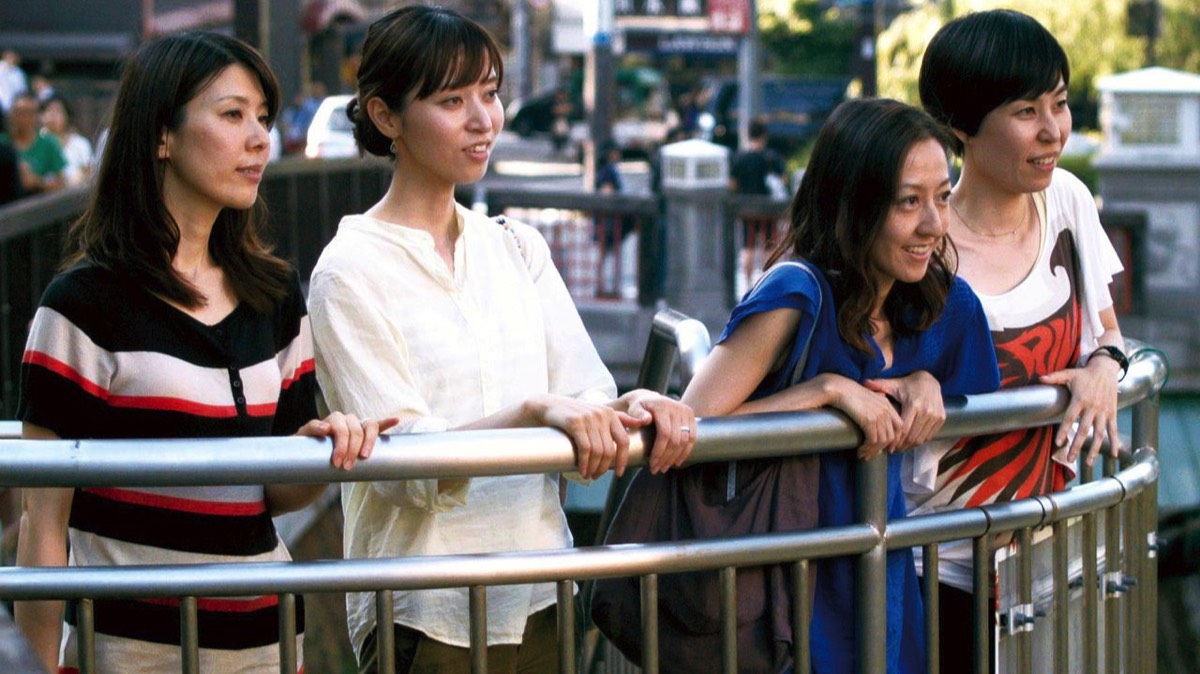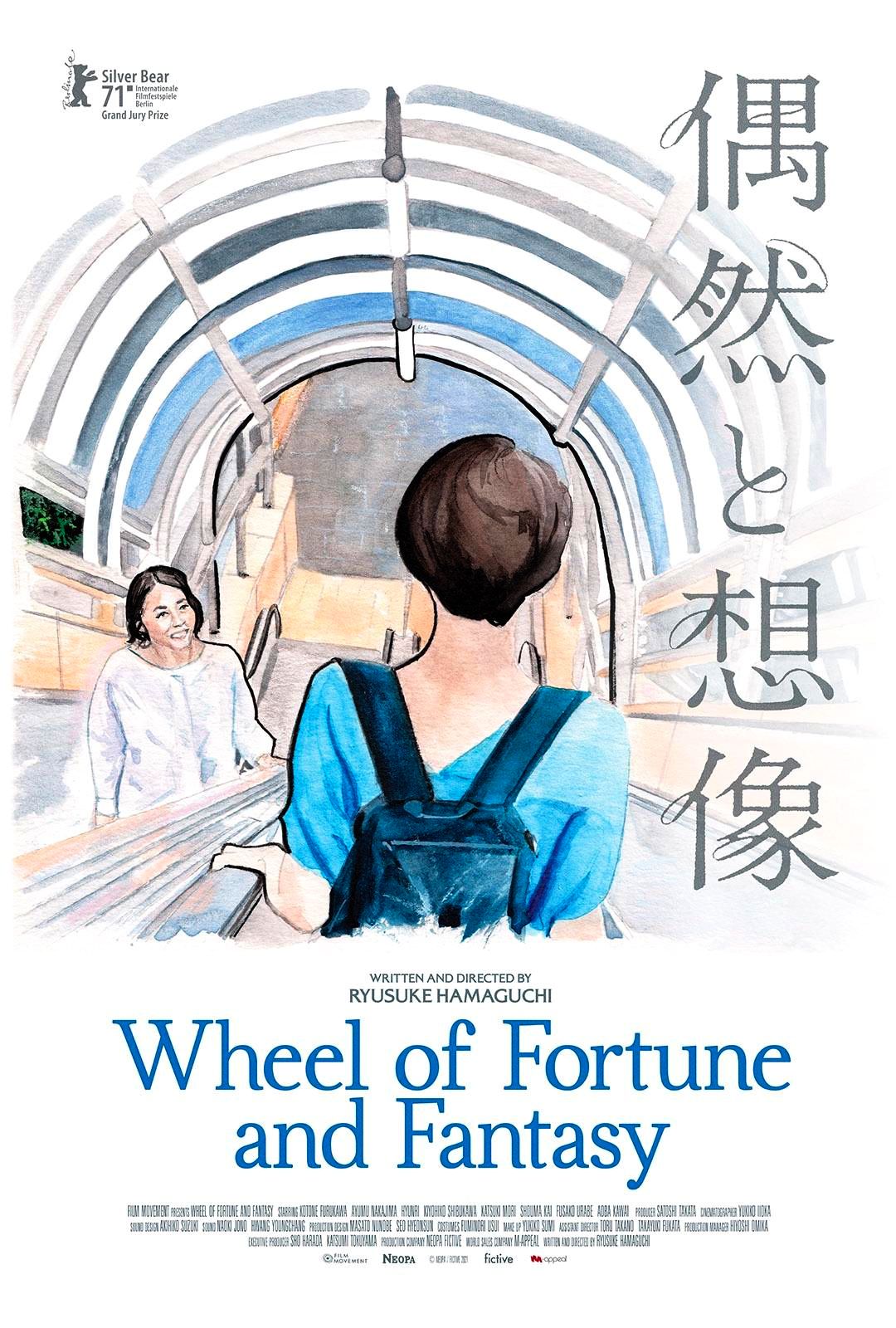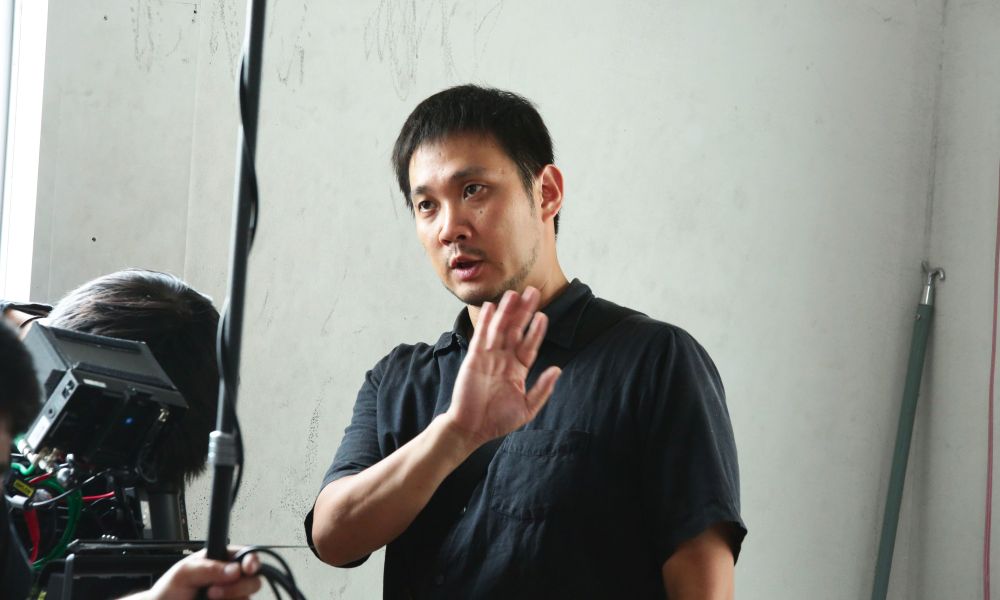"Perhaps more than any other director working today, Japanese auteur Ryusuke Hamaguchi probes and pulls at cinema’s narrative possibilities. In doing so, he has created a body of work that’s as varied as it is determined to explore how people relate to the truth… A cerebral director, Hamaguchi has long been beguiled by the life-changing power of frank conversation, giving his films a plainspokenness that belies the reflexivity and meta complexity of so much of his work." - Arjun Sajip (BFI, 2022)
Ryusuke Hamaguchi
Key Production Country: Japan
Key Genres: Drama, Romantic Drama, Psychological Drama, Family & Personal Relationships, Romance, Romantic Mystery
Key Collaborators: Satoshi Takada (Producer), Azusa Yamazaki (Editor), Hazuki Kikuchi (Leading Actress), Yoshio Kitagawa (Cinematographer), Eiko Ishibashi (Composer), Tofubeats (Composer), Seo Hyeon-Seon (Production Designer), Masato Nunobe (Production Designer), Hiroyuki Miura (Character Actor)
Key Genres: Drama, Romantic Drama, Psychological Drama, Family & Personal Relationships, Romance, Romantic Mystery
Key Collaborators: Satoshi Takada (Producer), Azusa Yamazaki (Editor), Hazuki Kikuchi (Leading Actress), Yoshio Kitagawa (Cinematographer), Eiko Ishibashi (Composer), Tofubeats (Composer), Seo Hyeon-Seon (Production Designer), Masato Nunobe (Production Designer), Hiroyuki Miura (Character Actor)
"Hamaguchi (a former student of the great Japanese director Kiyoshi Kurosawa) offers delicate respect for the work of his actors, whose roles are developed over a long period of time through workshops and collaborative practices. The result is a brand of limited-budget filmmaking that puts believable dialogue, naturalistic performances and a phenomenal sense of realness at the forefront. The methods through which these results are achieved are often directly incorporated into the films’ narratives themselves (story threads involving classes or rehearsals for performative arts are a regular occurrence) – and as such, Hamaguchi has also developed a reputation for making films with gargantuan runtimes. It’s justified – the proof is in the pudding." - James Valmont (AnOther Magazine, 2022)
"Hamaguchi excels at conveying a character’s interiority through a glance or a movement. Conversations in his films are, by turns, effusive and deadening, charged with wonder or laden with anguish. As methodical excavations of complex interpersonal dramas, Hamaguchi’s films are perhaps perfectly suited for this cultural moment, as we tentatively emerge from isolation and remember how to live amongst each other again. He reminds the audience to take it slow, embrace stillness." - Mike Fu (Tokyo Weekender, 2022)

Happy Hour (2015)
"After graduating from the University of Tokyo with a Bachelor of Art in Aesthetics in 2003, he worked as an assistant director for film and TV industry for several years. Then, Hamaguchi studied at the Tokyo University of the Arts and got the degree of Master of Film in 2008. His graduation film Passion was well received by the professors including renowned director Kiyoshi Kurosawa." - Sakka Films
"Ryusuke Hamaguchi is one of the most precise, curious and reflective young directors working today, and one of the key figures in Japanese independent cinema’s recent revitalization. His films are characterized by their assured formal ingenuity, skillful blending of genre and tones, and patient mining of previously buried and inaccessible emotion. Following graduate study at Tokyo University of the Arts under Kiyoshi Kurosawa, he made his feature debut with Passion in 2008. Working tirelessly since then, Hamaguchi has proven as prolific as he is exacting, completing a 3-part documentary on the after-effects of the 2011 Tohoku earthquake, multiple fiction features with prodigious 4-hour-plus runtimes, ambitious collaborations with acting workshops, and international coproductions." - Le CiNéMa Club, 2018
"Hamaguchi subverts expectations of tropes within melodrama to confront relationships, such as in Passion (2008) and Happy Hour (2015). He uses serendipity and surrealist elements to tease out vulnerability from his characters due to the unexpected nature of their situations, such as in Wheel of Fortune & Fantasy (2021), Asako I & II (2018) and Heaven is Still Far Away (2016). And in a nod to his own way of working with actors, Hamaguchi often explores the performative nature of identity and the ability of storytelling and performance to excavate hidden truths—the essence of Drive My Car (2021)." - Natalie Ng (Filmed in Ether, 2022)
"A lot of journalists have asked me why my characters are always roleplaying… and I think the simple answer is that I find it interesting. But now I’m starting to think that it’s also about desire. If somebody wants to be or have something, the fastest way to make it happen is usually to lie. A lie can’t last, though — it doesn’t quite fit in with the realities that came before. It can only survive as fiction." - Ryusuke Hamaguchi (IndieWire, 2021)
Selected Filmography
{{row.titlelong}}
Ryusuke Hamaguchi / Favourite Films
A Brighter Summer Day (1991) Edward Yang, Faces (1968) John Cassavetes, The Husband Witnessed (1964) Yasuzo Masumura, Husbands (1970) John Cassavetes, The Killing of a Chinese Bookie (1976) John Cassavetes, Late Spring (1949) Yasujiro Ozu, Love Streams (1984) John Cassavetes, Lumière d'été (1943) Jean Grémillon, Rio Bravo (1959) Howard Hawks, Scattered Clouds (1967) Mikio Naruse, The Story of the Last Chrysanthemums (1939) Kenji Mizoguchi, To New Shores (1937) Douglas Sirk, Tokyo Story (1953) Yasujiro Ozu, Triple Agent (2004) Eric Rohmer, A Woman Under the Influence (1974) John Cassavetes.
Source: Tokyo University Newspaper (2015)
A longer, more recent, list of Ryusuke Hamaguchi's favourite films can be viewed at LaCinetek.
A Brighter Summer Day (1991) Edward Yang, Faces (1968) John Cassavetes, The Husband Witnessed (1964) Yasuzo Masumura, Husbands (1970) John Cassavetes, The Killing of a Chinese Bookie (1976) John Cassavetes, Late Spring (1949) Yasujiro Ozu, Love Streams (1984) John Cassavetes, Lumière d'été (1943) Jean Grémillon, Rio Bravo (1959) Howard Hawks, Scattered Clouds (1967) Mikio Naruse, The Story of the Last Chrysanthemums (1939) Kenji Mizoguchi, To New Shores (1937) Douglas Sirk, Tokyo Story (1953) Yasujiro Ozu, Triple Agent (2004) Eric Rohmer, A Woman Under the Influence (1974) John Cassavetes.
Source: Tokyo University Newspaper (2015)
A longer, more recent, list of Ryusuke Hamaguchi's favourite films can be viewed at LaCinetek.
Ryusuke Hamaguchi / Fan Club
Carlos Valladares, Łukasz Mańkowski, Josh Slater-Williams, Ryan Swen, David Rooney, Vadim Rizov, K. Austin Collins, Matías Piñeiro, Jérôme Baron, C.J. Prince, Jordan Raup, Richard Brody.
Carlos Valladares, Łukasz Mańkowski, Josh Slater-Williams, Ryan Swen, David Rooney, Vadim Rizov, K. Austin Collins, Matías Piñeiro, Jérôme Baron, C.J. Prince, Jordan Raup, Richard Brody.
"Fan Club"
These film critics/filmmakers have, on multiple occasions, selected this director’s work within film ballots/lists that they have submitted.
These film critics/filmmakers have, on multiple occasions, selected this director’s work within film ballots/lists that they have submitted.


